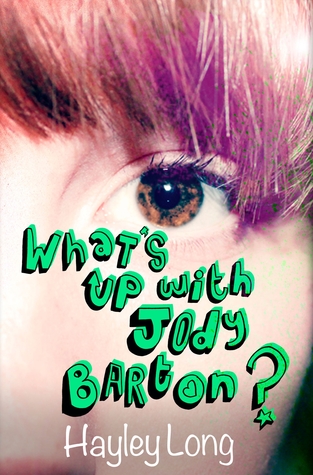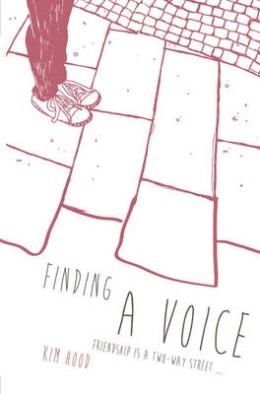An Alphabet in Bloom
by Nathalie Trovato
Today, the typical ABC book is universally accepted as an introductory book for preschoolers to learn the letters of the alphabet. However, they can be much more than just a tool for letter recognition and sequencing.
Centered around refreshing themes, offering visual enrichment, even rhyming or alliterative text (Dr.Seuss!) of ABC books offer a range of stimulating experience for the preschoolers.
Illustrations play a big role in ABC books, they cannot overwhelm or confuse the young reader, and must be easily recognizable and clearly laid out.
Ms. Trovato's Alphabet in Bloom is rather unique in that, it is a Wordless ABC book of sorts, that has no text showcasing the letters. Absolutely no letter on any page to indicate the abecedary. Instead, there are large cut-paper collages on every page with easily recognizable things around the garden, that start with the letter of the alphabet in question.
Back of the book has a list of things to find/identify in the wordless pages of the book: "What can you see from a to z?"
[Disclosure: I received a review copy of the book, but the opinions shared here are my own.]
[image source: Home Grown Books]
by Nathalie Trovato
Today, the typical ABC book is universally accepted as an introductory book for preschoolers to learn the letters of the alphabet. However, they can be much more than just a tool for letter recognition and sequencing.
Centered around refreshing themes, offering visual enrichment, even rhyming or alliterative text (Dr.Seuss!) of ABC books offer a range of stimulating experience for the preschoolers.
Illustrations play a big role in ABC books, they cannot overwhelm or confuse the young reader, and must be easily recognizable and clearly laid out.
Ms. Trovato's Alphabet in Bloom is rather unique in that, it is a Wordless ABC book of sorts, that has no text showcasing the letters. Absolutely no letter on any page to indicate the abecedary. Instead, there are large cut-paper collages on every page with easily recognizable things around the garden, that start with the letter of the alphabet in question.
Back of the book has a list of things to find/identify in the wordless pages of the book: "What can you see from a to z?"
[Disclosure: I received a review copy of the book, but the opinions shared here are my own.]
[image source: Home Grown Books]





















